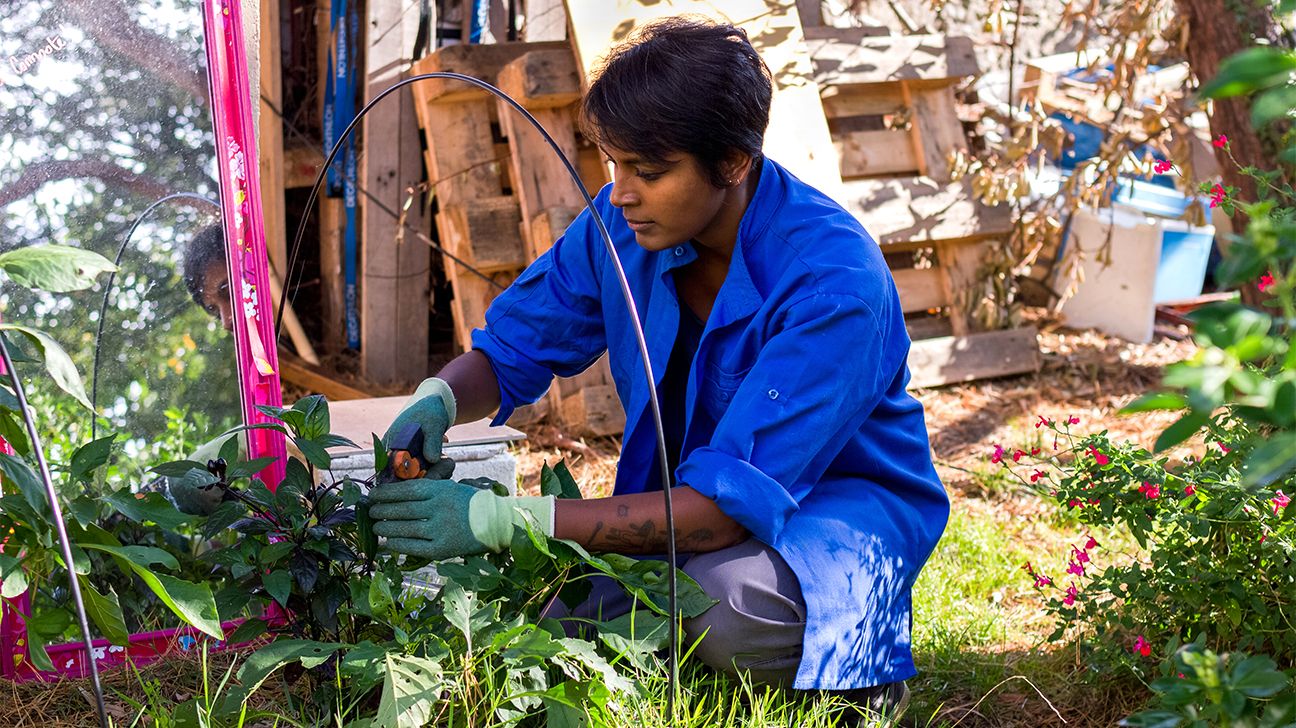Expanding Environment-friendly Thumbs: a Newbie's Trip Into the World of Gardening
Are you excited to get your hands unclean and start growing your own garden? Look no further! In this short article, we'll take you on a beginner's journey into the globe of gardening. You'll discover picking the right plants, understanding dirt and garden compost, and vital horticulture tools. We'll likewise teach you watering and fertilizing strategies and just how to deal with common garden parasites. Prepare yourself to grow your environment-friendly thumb and enjoy your garden flourish!
Selecting the Right Plant Kingdoms
You need to examine your horticulture area and figure out the number of plants that will fit conveniently. Action the dimensions of your yard beds or pots and calculate the offered room. Think about the fully grown size of the plants you mean to expand.
As soon as you have a clear idea of your gardening area, it's time to choose the ideal plants. Certain plants prosper in complete sun, while others choose partial color. This will aid you choose plants that are suited to your particular problems.
It's also important to consider your degree of gardening experience. If you're new to gardening, select plants that are easy to grow and require marginal upkeep. Herbs like rosemary, basil, and mint are ideal and forgiving for beginners. In addition, take into consideration the size of your growing season. If you live in a region with a shorter expanding season., choose plants that have a much shorter maturity period.
Understanding Dirt and Compost
To guarantee the success of your yard, it is vital that you comprehend the significance of soil and garden compost. Soil is the structure of your garden, giving nutrients, water retention, and support for your plants. It is very important to have a great understanding of your soil kind, whether it is sandy, clayey, or loamy, as this will certainly figure out the types of plants that will certainly thrive in your yard. Compost, on the other hand, is a terrific method to improve the quality of your soil. It is made up of raw material, such as kitchen scraps, backyard waste, and leaves, that break down with time. Adding garden compost to your soil will enhance it with essential nutrients and enhance its framework, enabling far better water drainage and aeration. You can either make your very own garden compost utilizing a compost bin or acquisition it from a yard center. Bear in mind, a healthy and productive soil is the crucial to an effective yard, so make the effort to recognize your soil and incorporate compost to guarantee your plants grow.
:strip_icc()/person-raking-soil-89bf9d8a-febbfed23dec4038afc89777723f9404.jpg)
Crucial Horticulture Devices
A great set of horticulture handwear covers is an essential to secure your hands from thorns, irritable plants, and dirt. A yard tube or watering can is crucial for maintaining your why not try these out plants moistened. A sturdy pair of trimming shears or secateurs is crucial for cutting and forming your plants.
Watering and Feeding Methods

Dealing With Common Yard Vermin
As a newbie gardener, you may experience common yard bugs that can inflict chaos on your plants. These bugs can range from bugs like aphids, beetles, and caterpillars, to tiny pets like rabbits and squirrels. It is very important to be able to recognize and deal with these parasites successfully in order to protect your plants and make certain a successful yard.
One of the very first steps in taking care of garden bugs is to routinely evaluate your plants for any indications of infestation. Try to find eaten leaves, openings in the vegetation, or the presence of tiny pests. It's crucial to take activity immediately to avoid them from spreading out and creating further damage. if you identify any kind of pests.
There are numerous approaches you can make use of to regulate yard parasites. In addition, there are natural parasite control sprays readily my review here available that can aid hinder and remove usual yard parasites.
Bear in mind, avoidance is vital when it involves managing yard bugs. Keeping your garden free and tidy of particles can help in reducing the probability of an invasion. Frequently eliminating weeds and dead plants can also help remove concealing locations for insects.

Verdict
Congratulations on completing your newbie's journey right into the globe of gardening! By picking the right plants, understanding dirt and compost, utilizing crucial gardening devices, and mastering watering and fertilizing strategies, you have set on your own up for success. Do not forget to remain vigilant in handling usual garden insects to guarantee your plants thrive. With your newfound understanding and environment-friendly thumbs, your garden will grow and bring you countless delight and appeal (home gardening for beginners). Satisfied horticulture!
Soil is the foundation of your garden, providing nutrients, water retention, and support for your plants. It is essential to have a great understanding of your soil type, whether it is sandy, clayey, or loamy, as this will determine the types of plants that will thrive in your garden. Bear in mind, a healthy and abundant dirt is the crucial to an effective garden, so take the time to comprehend your soil and incorporate garden compost to guarantee your plants flourish.
As a beginner gardener, you might come across typical garden pests that can wreak chaos on your plants. It's vital to be able to deal and determine with these insects efficiently in order to protect your plants and ensure an effective yard.